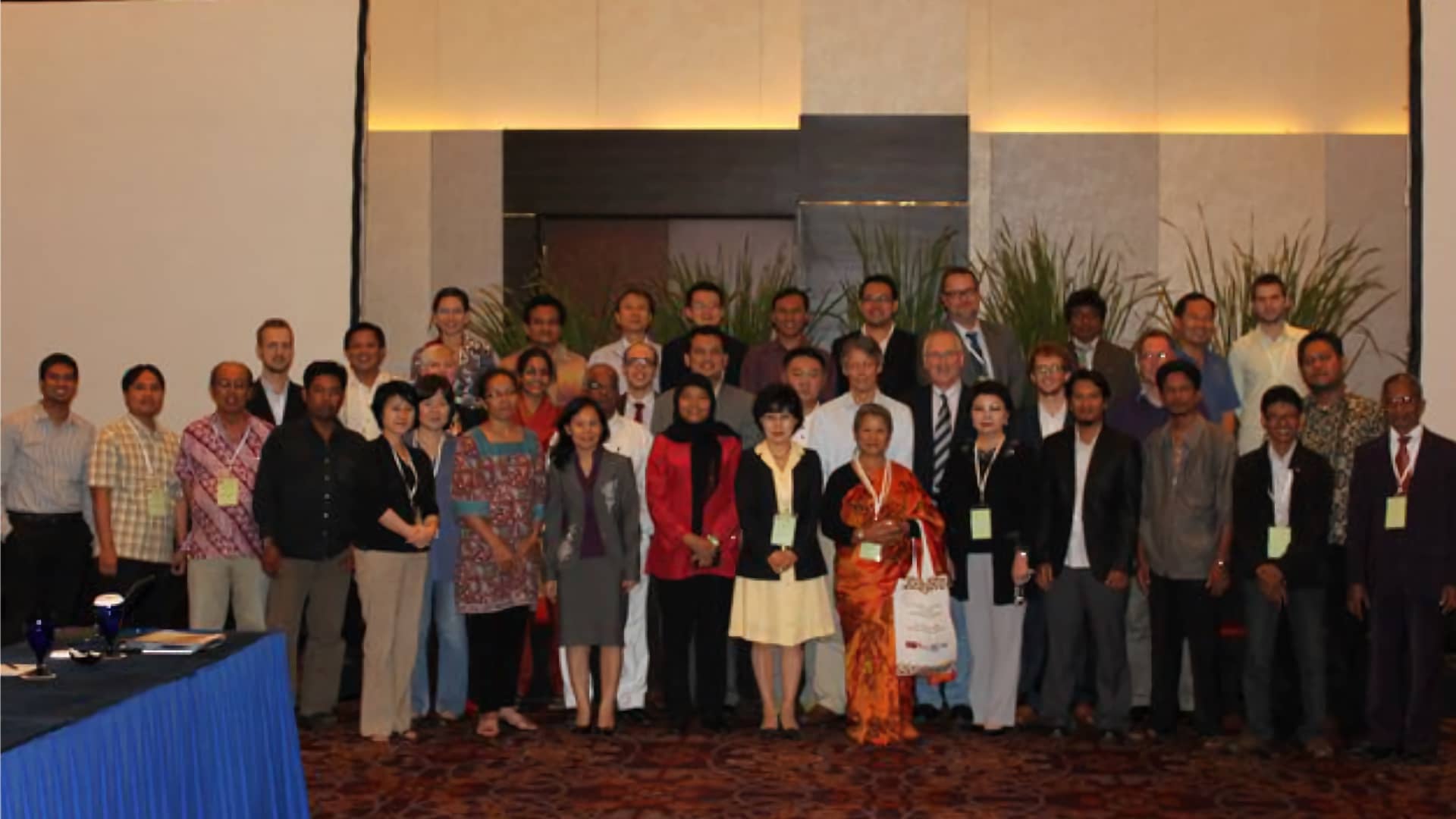
Sunday, 24 October 2010
By Martin Manurung, Steering Committee of the Network of Social Democracy in Asia (SocDem Asia), Director of the Institute of Welfare Democracy
From October 19 to 23, 2010, social democratic political parties, pre-parties, scholars and activists in Asia gathered in Jakarta, Indonesia to discuss on “Growth, Social Balance and Sustainability: Perspectives for Social Democratic Economic Policies in Asia.”
One of the most interesting topics is the relationship between social democratic parties and the business community. It is easy to notice from the discussions, that social democratic parties in Asia are uneasy when talking about how should they ‘work together’ with the business community. Although history shows that social democracy is never an “anti-business” ideology, debates subsequently occurred on what kind of relationship they should create with the business, along with the main priority to put the interests of workers and the three social democratic principles; freedom, justice and solidarity.
Nevertheless, it is certain that at the heart of social democracy remains dialogue and participation. Therefore, contrary to the economic practices of the (neo)liberals, the economy is too important to be left only at the hands of a closed group of people dubbed as ‘the technocrats’. Economic and business policies should be designed, discussed, decided and subsequently implemented with the participation of all stakeholders: the government, the employers, the workers, and the community.
Based on freedom, justice and solidarity, social democracy aims at “living together” as a community, a nation, a region, and citizens of the world. Thus, “living together” must be an end to be put above all means, including the market system. The market system is a genius to allocate resources efficiently, but it doesn’t work for justice and equality. Hence, the market is a good servant, but a bad master.
Because we live together, then partnership becomes important. We learned from the “German experience”, which they have created an association of social democratic business managers, social-democratic parties/groups could create a space where their “traditional” constituents can meet, discuss and subsequently find common ground with other groups of the society such as the business community.
The common ground would be fundamental to put forward common agenda between the social democratic parties and the business. The “Swedish experience” has shown that social democratic policies and the welfare state system were first implemented as a result of common interests and common agenda from both the workers and the employers. They wanted a system that makes Sweden work for all and indeed it has lasted for a century.


